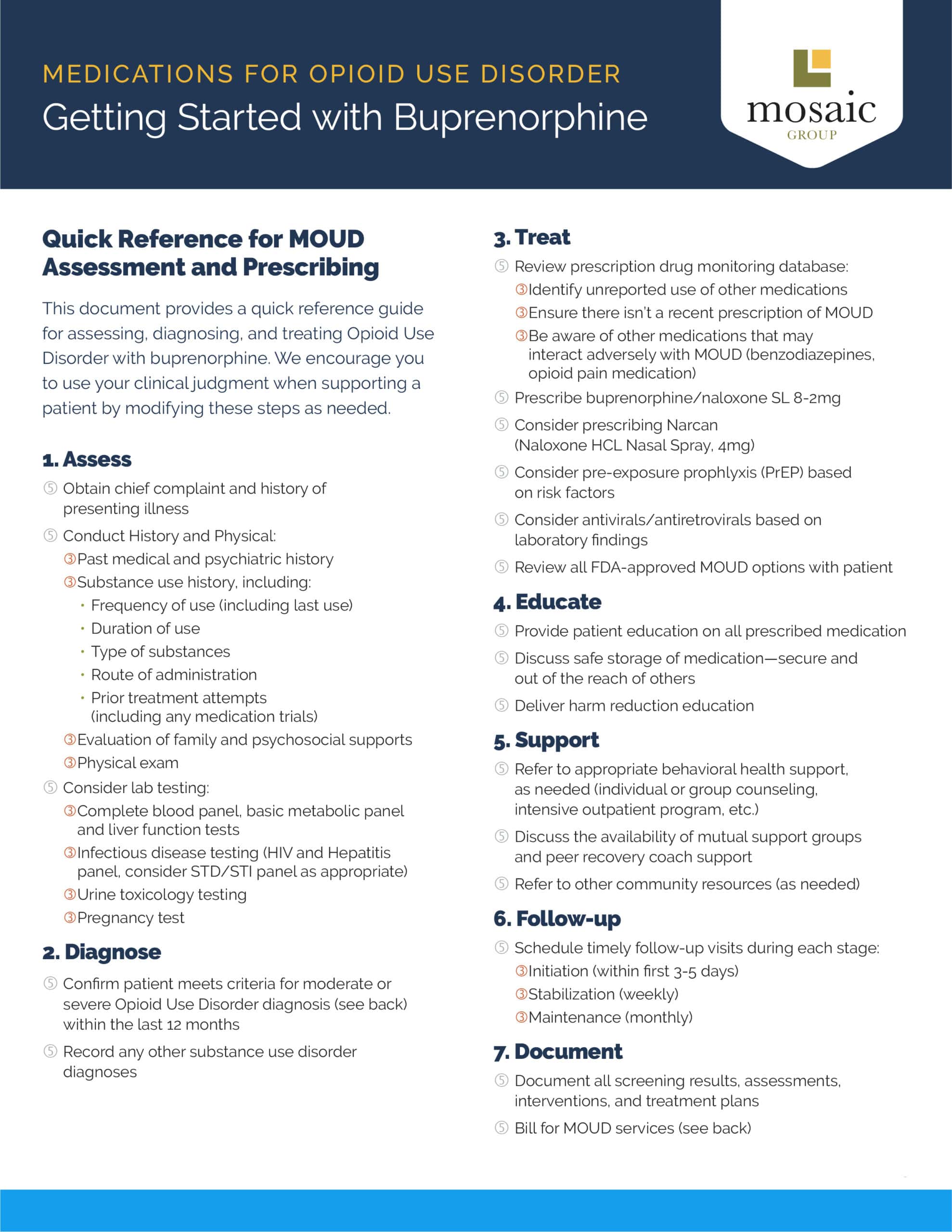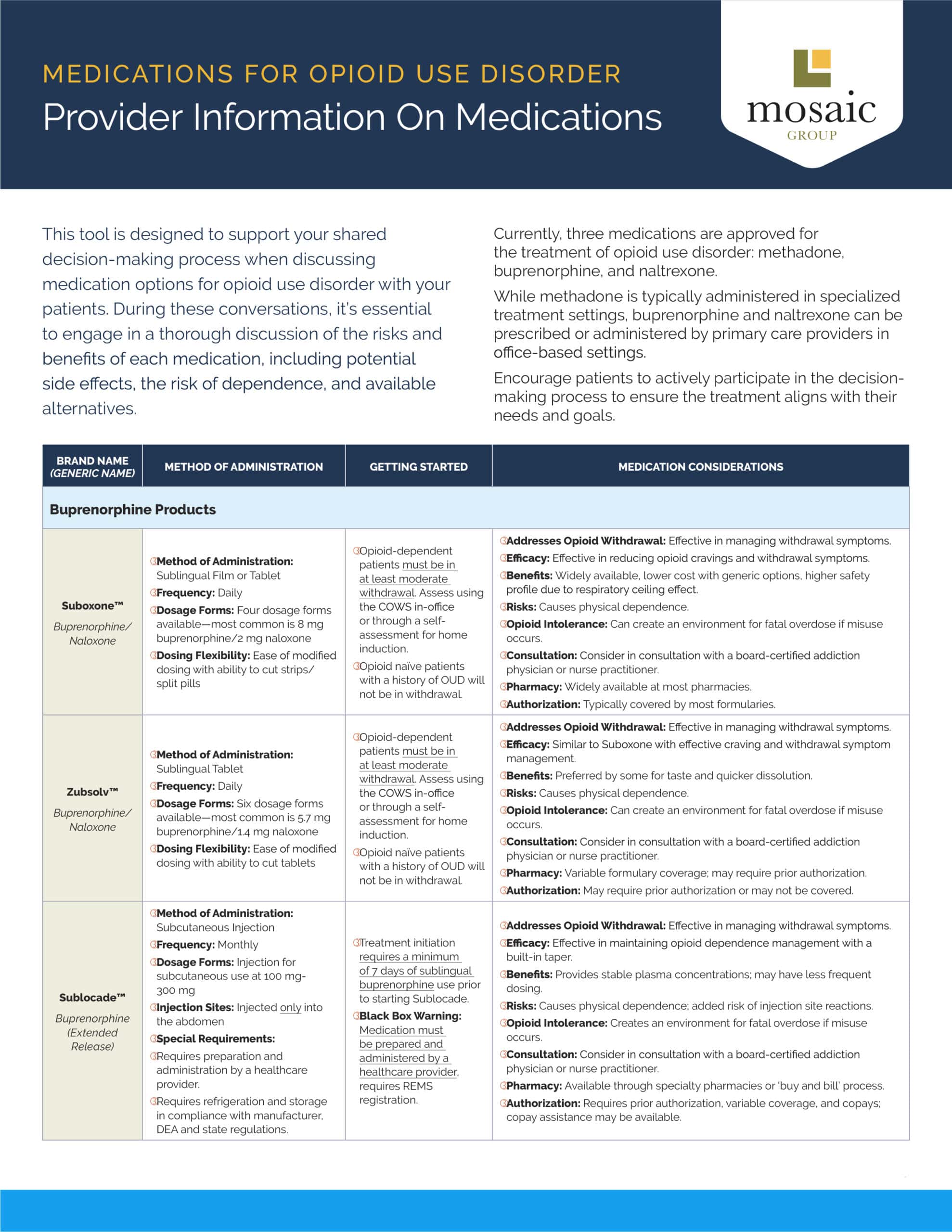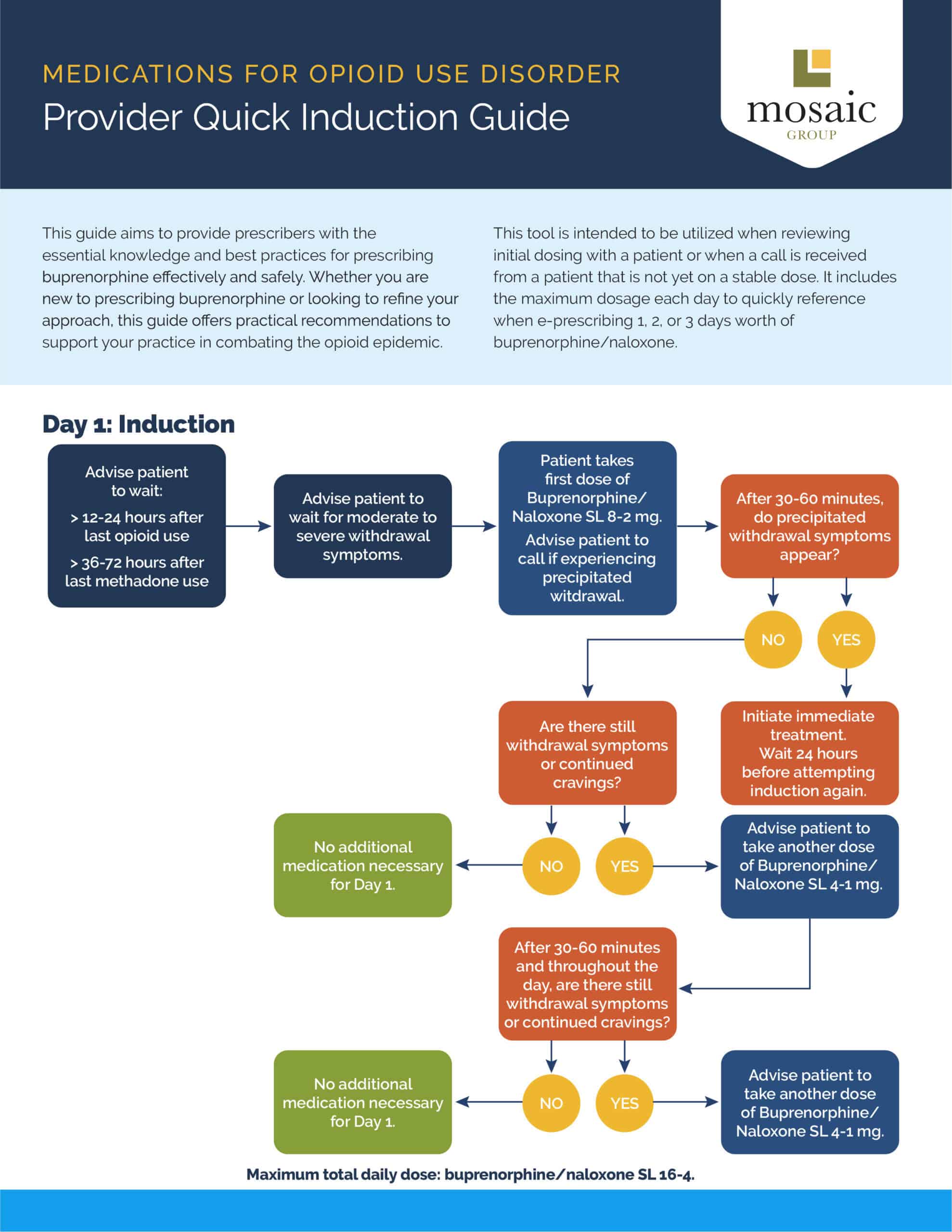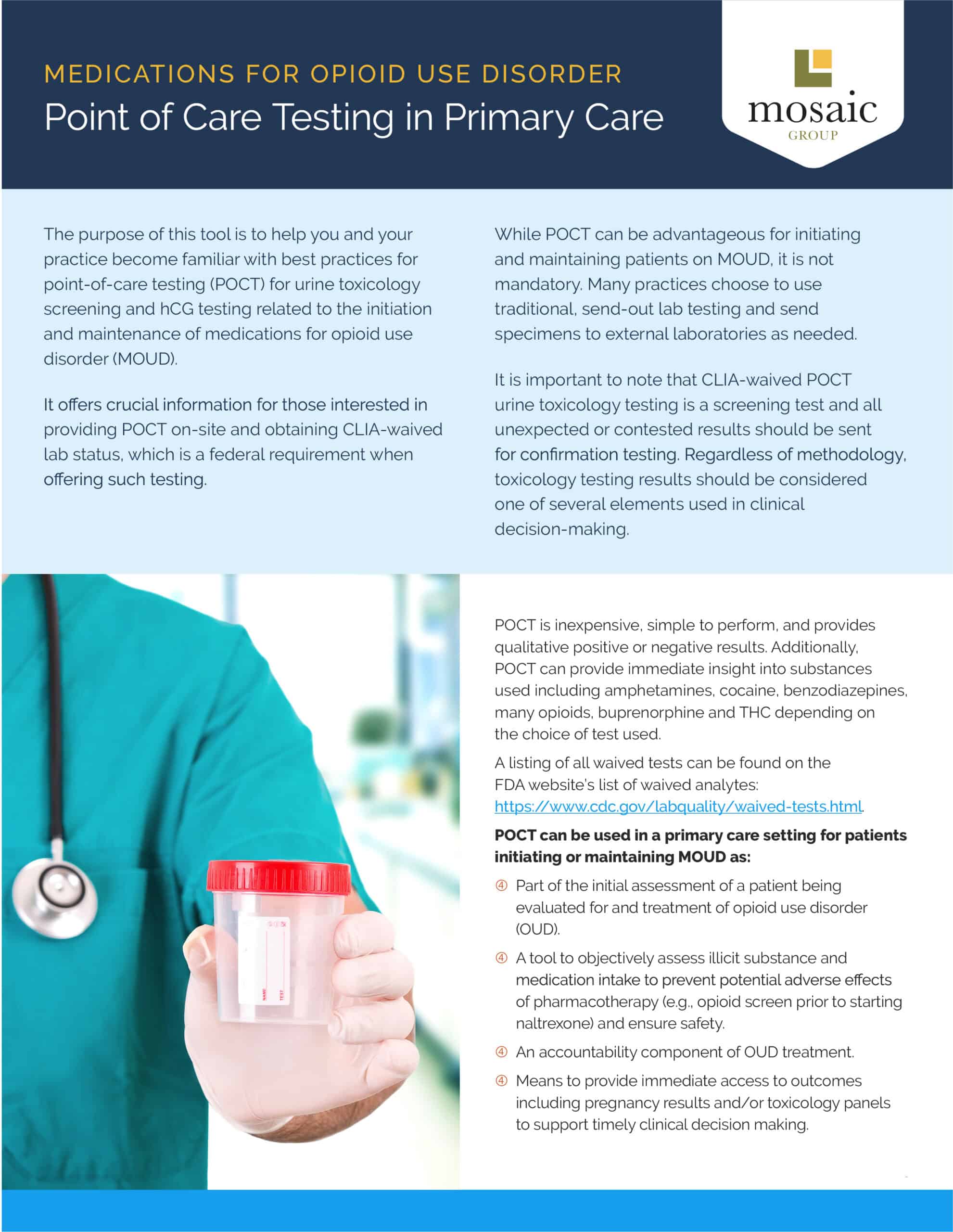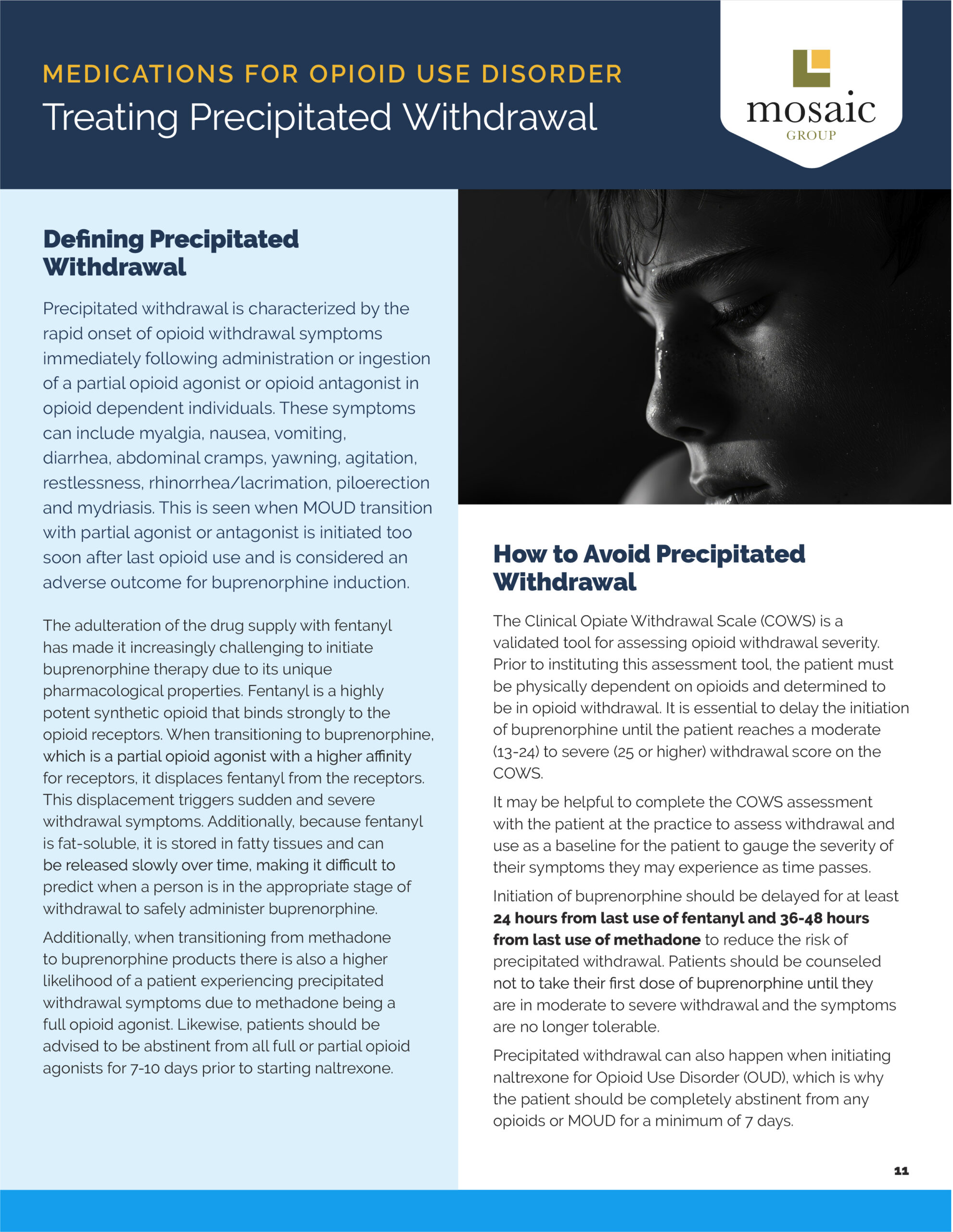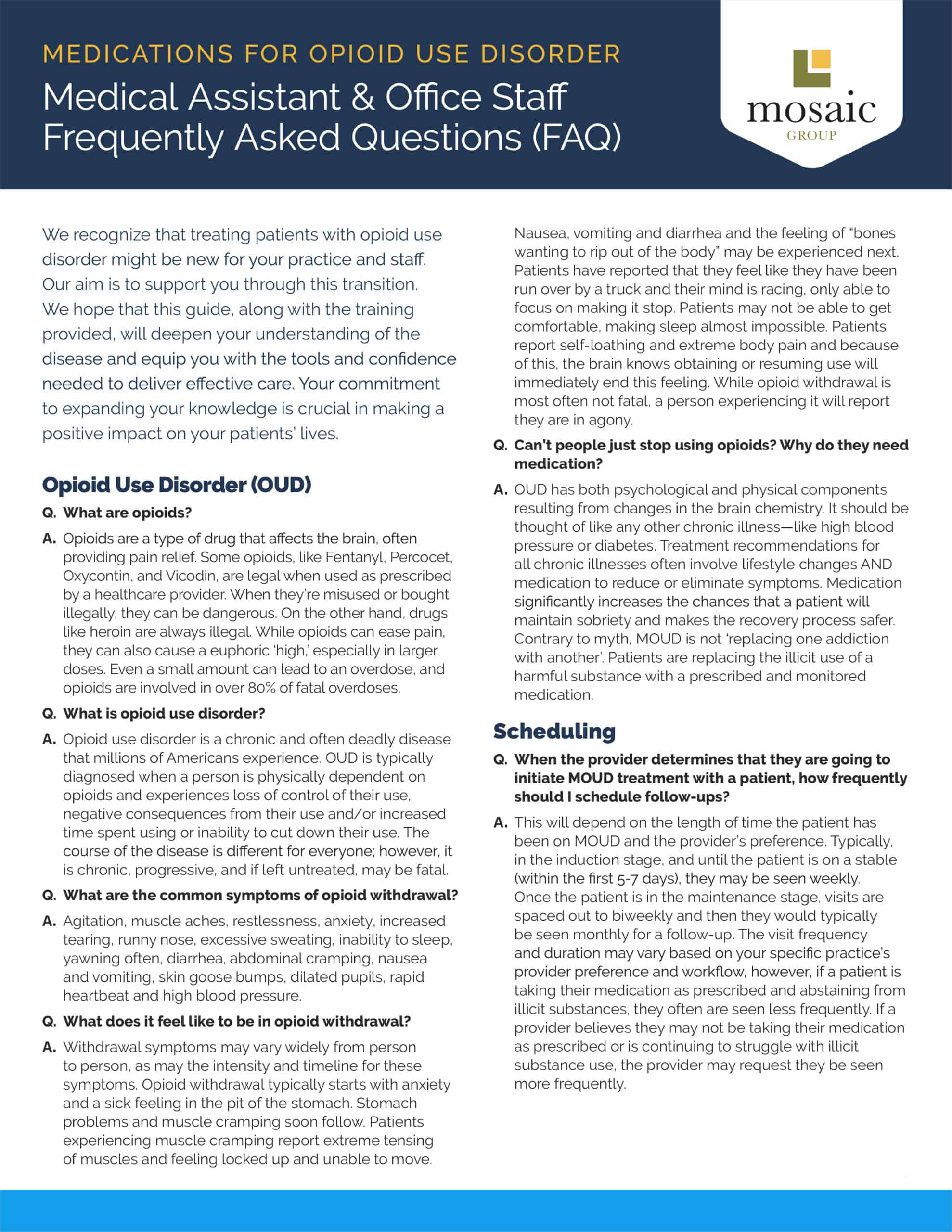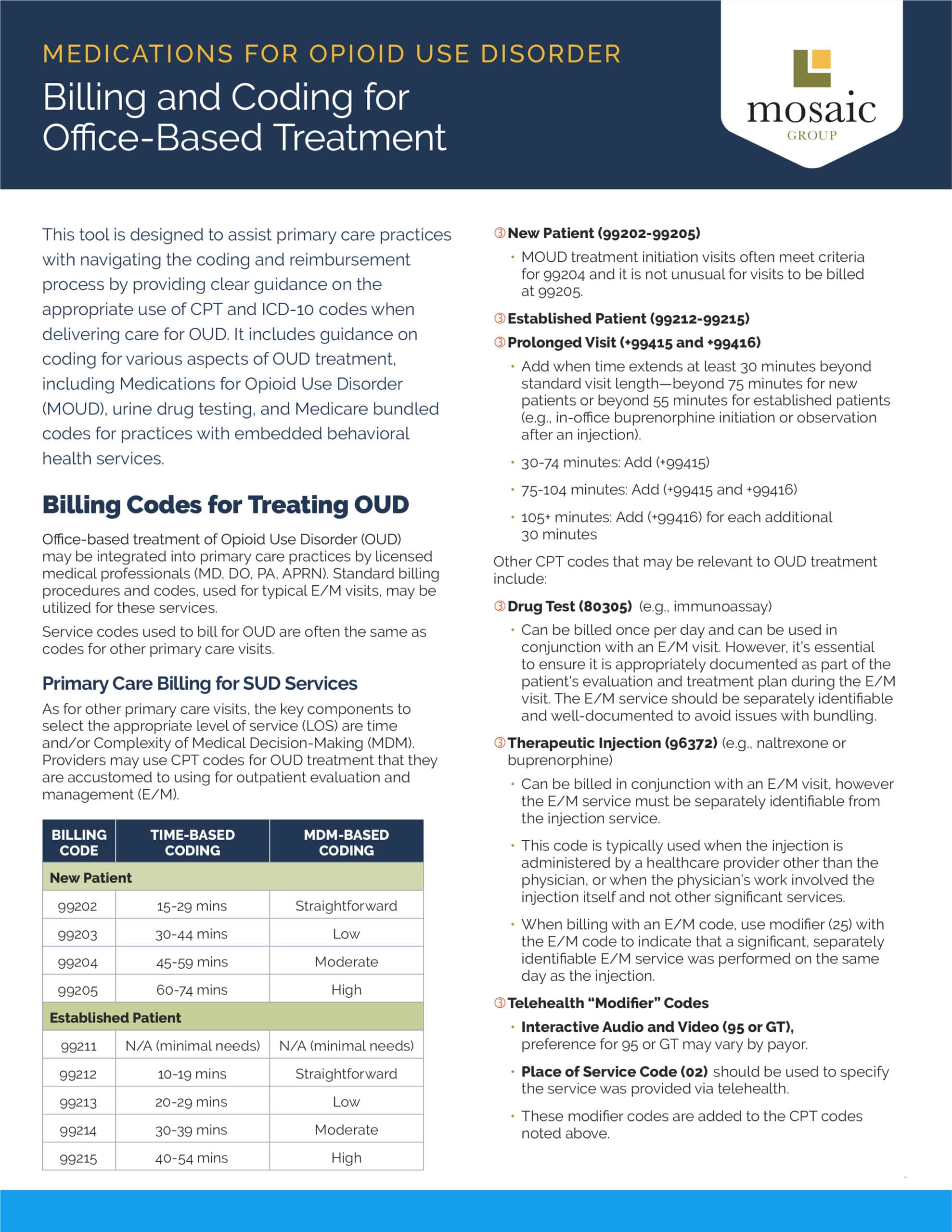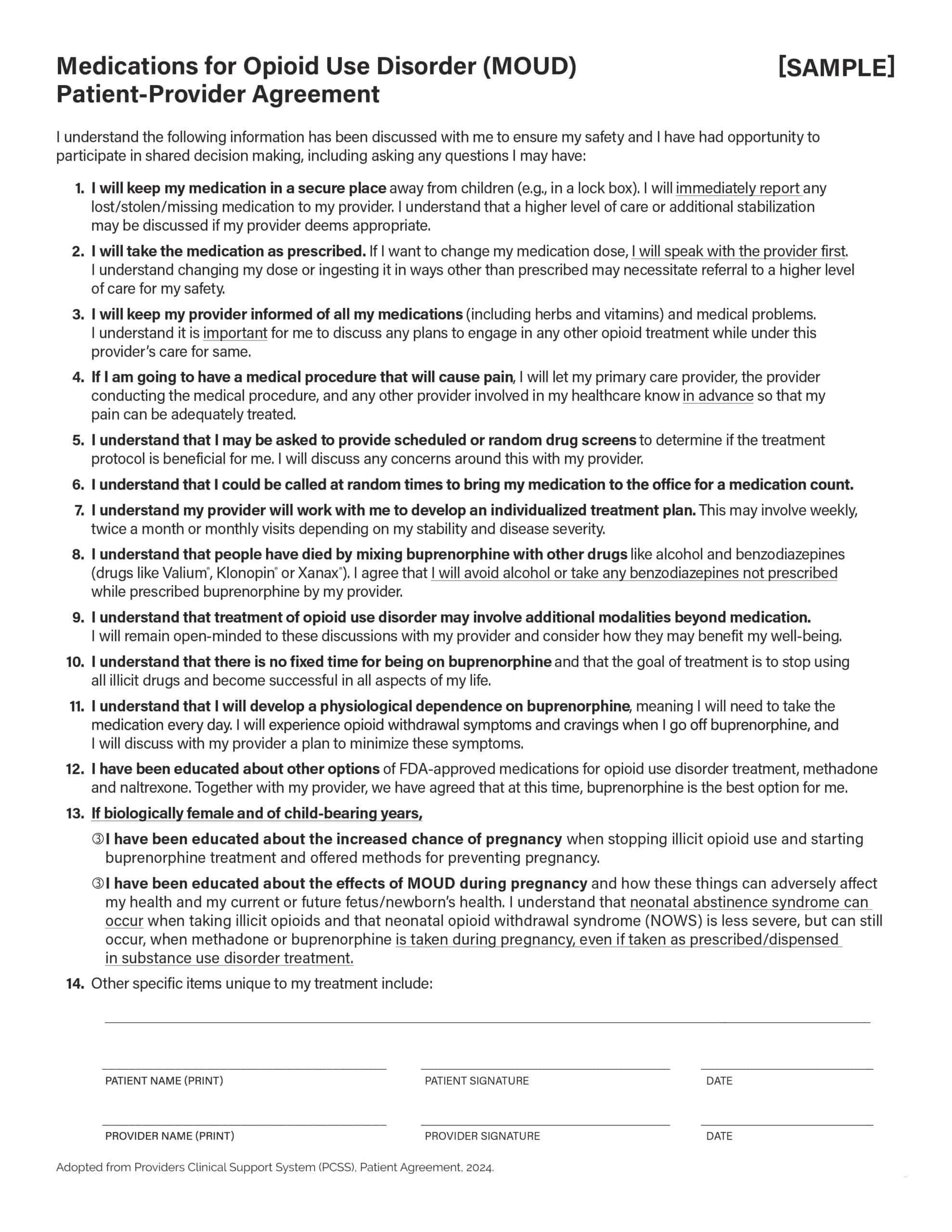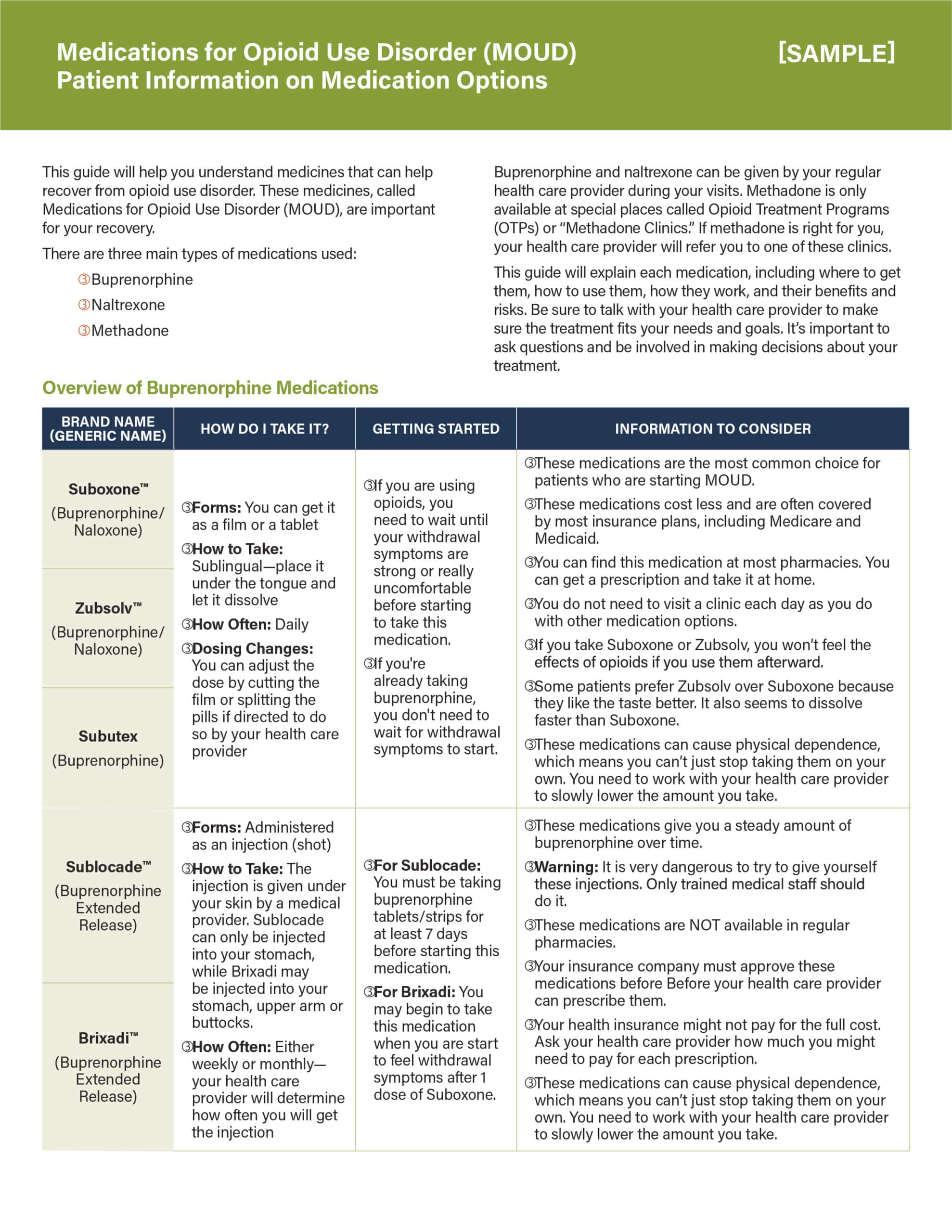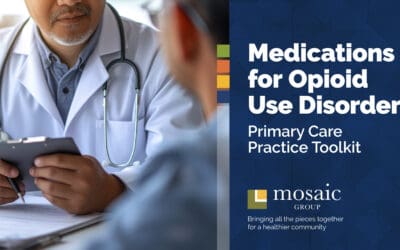Trauma and adverse events—experienced as either a child or adult—can contribute to substance use disorder.
There are numerous potential causes of substance use disorder—genetics, environmental factors, stress—but among the most common are trauma or adverse events that an individual experiences.
The triggering trauma or adverse event could happen at any point in the individual’s life, whether in childhood, adolescence, or adulthood. Challenges in processing trauma or an adverse event can manifest itself through problematic use of alcohol or other substances.
Research Confirms a Connection
While no one cause of substance use disorder is more serious or troublesome than others, the research tying it to trauma or adverse events is eye-opening. Consider these statistics shared by the International Society for Traumatic Stress Studies:
- As many as three-quarters of people who have survived abuse or violent traumatic experiences report problematic alcohol use.
- Up to one-third of those who survive accident-, illness-, or disaster-related trauma report problematic alcohol use.
- Adolescent sexual assault victims are:
- 4 times more likely to develop marijuana use or dependence
- 4.5 times more likely to abuse alcohol
- 9 times more likely to experience hard drug use or dependence.
- Men and women reporting sexual abuse have higher rates of substance use disorder.
- Adolescents with PTSD are four times more likely to experience alcohol abuse or dependence.
- 4 out of 5 Vietnam veterans seeking PTSD treatment have alcohol use disorders.
Helping Individuals with Both Trauma and Substance Use Disorder
Acknowledge the complexity
It can be easy to attribute a loved one’s troubling behavior to their substance use. But it’s important to remember that problematic substance abuse doesn’t happen in a vacuum.
People are complex, and those with substance use disorder are no exception. Often there are circumstances or life experiences that fuel or exacerbate the individual’s substance use, and that they need help dealing with.
Remember to try to see the whole person, and to be empathetic when considering why your loved one has a substance use issue.
Help them treat the trauma, not just the substance abuse issue
There can be a close connection between mental health and substance use [link to the Understanding the Mental Health Aspect of Addiction (blog #12)]. As such, PTSD and other mental health conditions resulting from trauma or adverse events need to be treated alongside treatment for substance use disorder. These conditions need to be treated separately but concurrently to produce the best outcomes for the individual.
If they have not yet had one, you can encourage or help your loved one to get an accurate mental health diagnosis and provide support to ensure they get the full range of treatment they need.
Be empathetic—but take care of yourself, too
Regardless of what causes your loved one’s substance use disorder, helping them must begin with your own self-care.
Supporting an individual with a substance use issue can be physically and emotionally draining. It’s important to meet your own needs first. When you do, you can better support your loved one along their recovery journey.
Join Us At Families Strong
Families Strong offers group sessions, based on our years of experience assisting the loved ones of substance users. Contact our team today at (681) 378-2086 or email [email protected]. Families Strong WV offers 8-week long group sessions to equip you with the tools and resources to support your loved one no matter how tough things get.
_____________________
Families Strong is a free, 8-week support group for the families and friends of individuals who are using substances. It is designed to help reduce the negative effects of substance use issues on families. The program is developed and guided by Mosaic Group, nationally recognized experts in behavioral health. To learn more about the program and how your organization or state agency can partner with Mosaic Group to implement it, contact us at [email protected].


